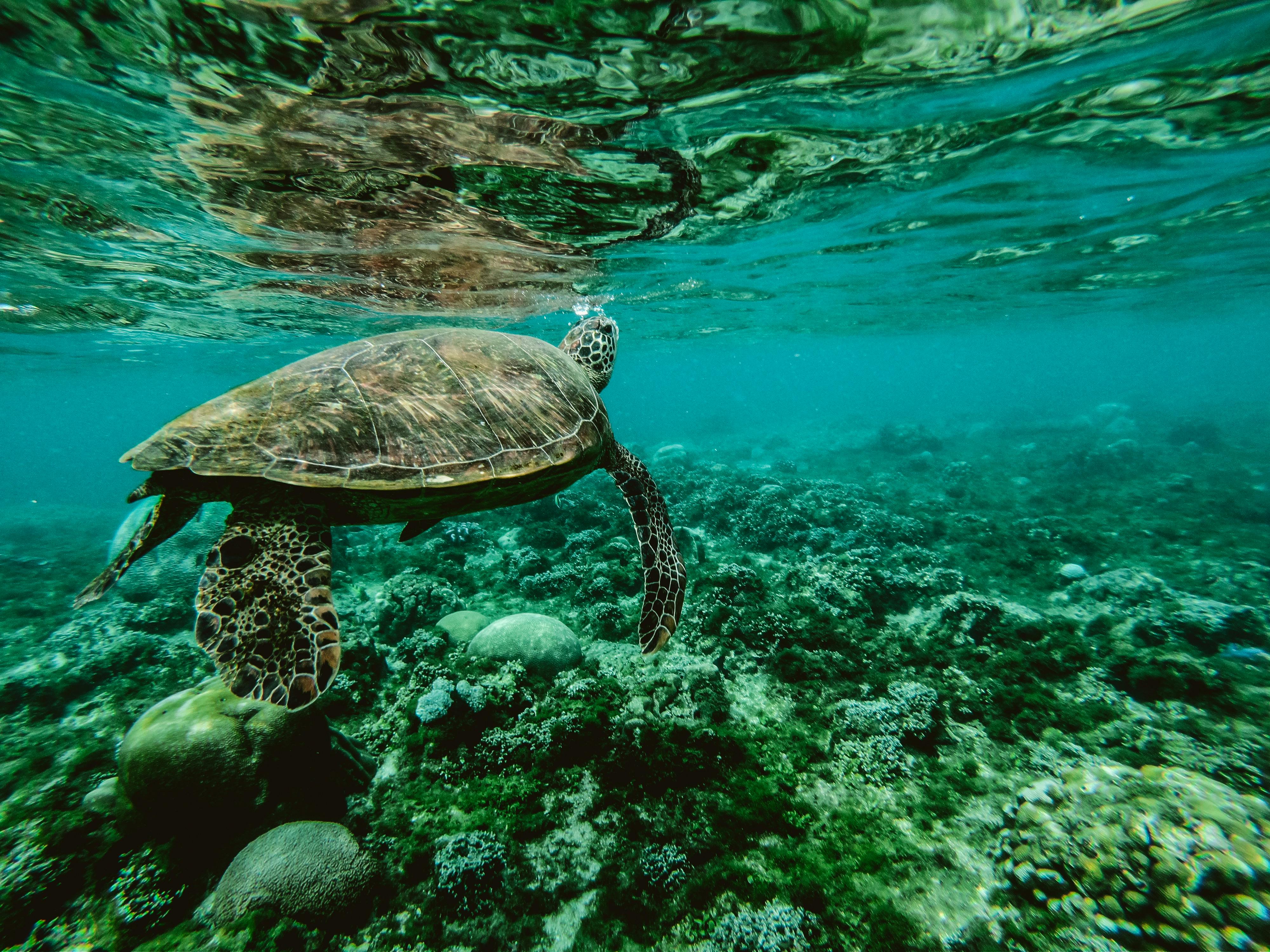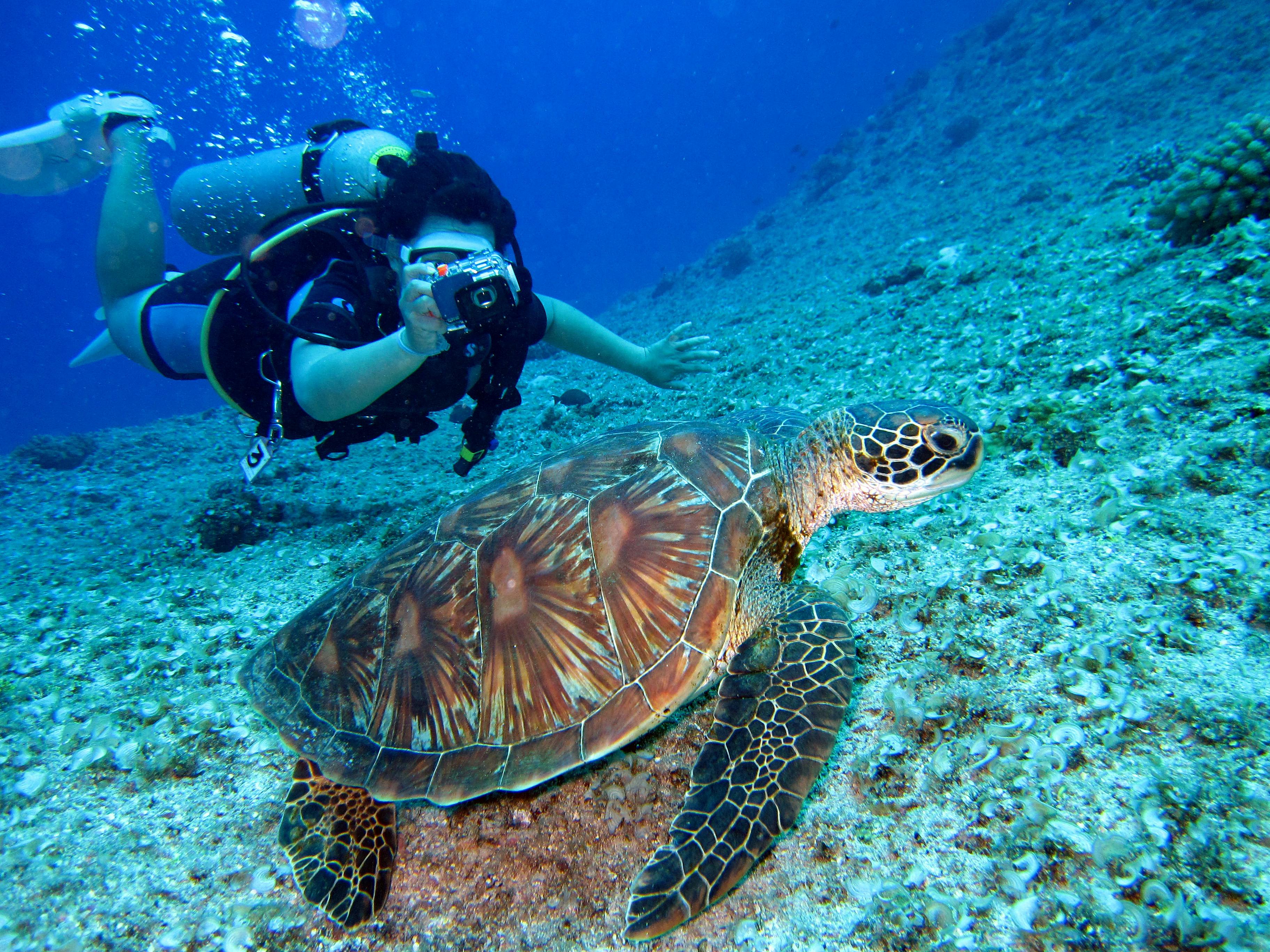Womens In Conservation
Tanzania is home to five of the world’s seven species of marine turtles, as well as unique freshwater turtle species, making it a critical region for global turtle conservation. The country's coastline provides essential habitats for marine turtles, including green turtles, hawksbill turtles, loggerhead turtles, leatherback turtles, and olive ridley turtles. Among these, only green and hawksbill turtles nest on Tanzania's beaches.


Marine Conservation in Mafia Island Marine Park 2025/2026
Tanzania is home to five of the seven globally recognized species of marine turtles, making it a critical region for the survival of these endangered species. The country's coastline spans 900 km, providing essential marine habitats such as coral reefs, mangroves, seagrass beds, and lagoons that support the survival of these turtles. The five species of marine turtles found in Tanzanian waters include the green turtle (Chelonia mydas), hawksbill turtle (Eretmochelys imbricata), loggerhead turtle (Caretta caretta), leatherback turtle (Dermochelys coriacea), and olive ridley turtle (Lepidochelys olivacea). Of these species, only the green and hawksbill turtles are known to nest on Tanzania's beaches. Despite national protections, these species face significant threats, including poaching for their meat and eggs, incidental capture in fishing gear (bycatch), habitat destruction due to coastal development, and disturbances from human activities.
The Tanzanian Turtle Initiative, launched with the National Action Plan for the Conservation of Marine Turtles (2024-2029), aims to address these challenges and ensure the long-term survival of marine turtles in Tanzanian waters. WICO is actively involved in this initiative through the implementation of a key project in Mafia Island Marine Park (MIMP), located in Mafia District, Pwani Region. This project focuses on conserving green turtles and their nesting sites, a critical step in the broader effort to protect marine turtles in Tanzania.
The project’s specific objectives are to conduct population surveys to assess the current size and distribution of green sea turtle populations on nesting beaches, as well as to evaluate nesting success. The initiative also aims to assess emerging threats to nesting success by identifying factors that impact nest viability, such as human disturbances and environmental threats. Another critical component of the project is engaging coastal communities and local authorities to raise awareness, mitigate threats to turtle populations, and build local conservation capacity. These efforts are essential in ensuring the sustainability of turtle populations and enhancing the effectiveness of conservation actions within the region.

Freshwater Turtles
The freshwater turtles of Tanzania are a unique and vital component of the country's biodiversity, inhabiting the rivers, lakes, and wetlands that are crucial for both the ecosystem and the communities surrounding them. Among these species, the Tanzanian Helmeted Turtle (Pelomedusa subrufa) and the Zambezi Flapshell Turtle (Cycloderma frenatum) are particularly noteworthy. Both species face significant threats from habitat degradation, illegal trade, and other anthropogenic pressures. These turtles play essential roles in maintaining ecological balance, yet their populations are under increasing threat.
WICO is dedicated to addressing the conservation challenges faced by these two species. This year, WICO is implementing a project aimed at safeguarding the Tanzanian Helmeted Turtle and the Zambezi Flapshell Turtle in the Rufiji River Basin, Tanzania. The project will focus on research, habitat protection, and community engagement to ensure the long-term survival of these species. WICO is excited to collaborate with the Turtle Conservation Fund (TCF) on this important conservation initiative.